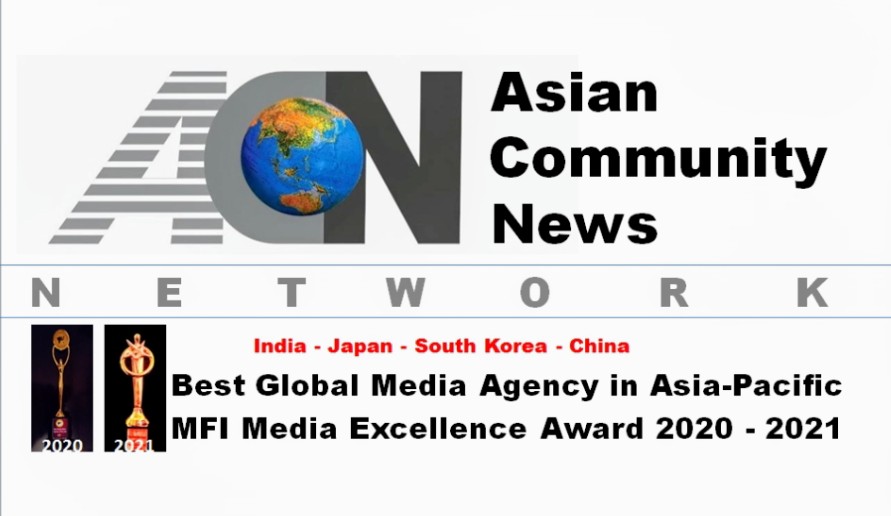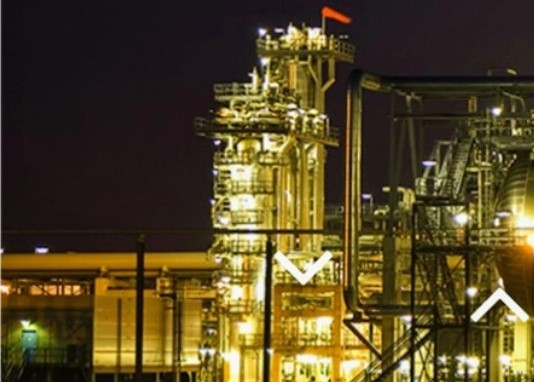Japan designates Feb-April as India-Japan Clean Hydrogen Month to boost investment in hydrogen fuel
India and Japan aim to achieve net-zero carbon emissions by 2070 and 2050 respectively. India also aims at increasing its non-fossil energy capacity to 500 GW by 2030.
NEW DELHI: In order to promote public-private partnerships in the field of hydrogen energy, the Embassy of Japan, in collaboration with prominent Japanese organizations of the region, has designated the period from February to April 2022 as the “India-Japan Clean Hydrogen Month”.
With an agenda of attracting further investment and resolving various technical and economic issues obstructing the utilization of hydrogen so far, the embassy has planned three hydrogen-related seminars during this period.
The first of the series of seminars “CII JETRO Green Hydrogen Dialogue” will be organised on February 24 JETRO (Japan External Trade Organization) New Delhi and CII (Confederation of Indian Industry) with the theme ‘Potential of utilizing Japanese companies in promoting hydrogen in India’. The key participants in this virtual session include Asahi Kasei, Toshiba, Mitsubishi Power, Marubeni, Adani, Reliance, etc.
“We plan to present the potential of hydrogen business in India and Japan’s advanced hydrogen technology to all the stakeholders in public and private sectors from both the countries. This year marks the 70th anniversary of the establishment of diplomatic relations between Japan and India. We hope that these seminars will contribute to the further development of both the nations’ and the world’s sustainable economy,” read a statement by the Embassy of Japan, New Delhi.
As the world moves towards decarbonization, hydrogen is attracting global attention as a new and cleaner energy carrier that does not emit carbon dioxide. Hydrogen is seen as the fuel of the future which can convert, store and carry the surplus of renewable energy. Further, it can be obtained from a range of resources such as water electrolysis, by-products of industrial processes, and fossil fuels. Hydrogen has the potential to decarbonize both the power and non-power sectors.
Seminars in February-April 2022
- “CII JETRO Green Hydrogen Dialogue”
Organizers: JETRO (Japan External Trade Organization) New Delhi and CII (Confederation of Indian Industry)
Date: Thursday, February 24, 10:30-12:30 (IST) (web-based)
Theme: Potential of utilizing Japanese companies in promoting hydrogen in India
Key Speakers: Asahi Kasei, Toshiba, Mitsubishi Power, Marubeni, Adani, Reliance, etc.
NOTE: This session is intended for the Indian government and Indian hydrogen user companies, but anyone is welcome to attend. Please contact IND-info@jetro.go.jp for more information.
- Japan-India Hydrogen Seminar
Organizer: NEDO New Delhi Office
Date: Late March (tbc)
Theme: Potential of hydrogen business in India and Japan’s efforts in technology development, etc.
Speakers: NEDO/TERI/Japanese and Indian government agencies, etc.
NOTE: The seminar is intended for public and private sectors related to hydrogen in Japan and India, mainly Japanese companies, but anyone is welcome to attend. Please contact info@nedo.in for more information.
- The 4thIndia – Japan Hydrogen and Fuel Cell Workshop
Organizer: The Institute of Energy Economics, Japan (IEEJ)
Date: Friday, March 4, 9:00-16:30 (IST) (web-based)
Theme: Hydrogen production and power generation technologies of both countries and International Hydrogen Supply Chain (P) with India as a Hub
Speaker: Kobe/Kansai hydrogen Utilization Council, Asahi Kasei, Mitsubishi Power India, Chiyoda Corporation, Mitsubishi Corporation, NYK Line, etc.
NOTE: This workshop is intended for invited Indian government and business officials. Please contact indiaws@tky.ieej.or.jp for more information.Other Japanese private companies are also planning to hold seminars on hydrogen energy.
In August last year, the Government of India announced the launch of the National Hydrogen Mission and recently announced Green Hydrogen and Green Ammonia Policy. The government also announced an intention to set up a subsidy scheme (PLI) for electrolysis equipment. Private companies have also expressed their intention of participating in hydrogen production, hydrogen transport, and other related projects. To facilitate this vision, the environment for the utilization of hydrogen is being prepared.
In Japan, research and technological development of hydrogen energy, hydrogen stations, and fuel cells are being conducted for more than 40 years since the 1980s. Japan is one of the first countries to commercialize fuel cell co-generation systems and fuel cell vehicles (FCVs).
India and Japan aim to achieve net-zero carbon emissions by 2070 and 2050 respectively. India also aims at increasing its non-fossil energy capacity to 500 GW by 2030.
In June last year, Japan launched the Asia Energy Transition Initiative (AETI) that aims to achieve sustainable economic growth and carbon neutrality simultaneously in Asia. A steady energy transition becomes necessary to achieve high economic growth and de-carbonization. India, as the world’s third-largest and Japan, as the fifth-largest emitter of carbon dioxide, will deepen their collaboration to create a meaningful impact on the global level.



